Intro
Discover effective cold sore lip treatment options, including remedies, medications, and home care to alleviate symptoms and prevent outbreaks, using antiviral creams, ointments, and natural therapies.
Cold sores, also known as fever blisters, are a common and frustrating problem for many people. They are caused by the herpes simplex virus and can be painful and embarrassing. If you're one of the millions of people who suffer from cold sores, you're probably looking for effective treatment options to help manage your symptoms and reduce the frequency of outbreaks. In this article, we'll explore the various cold sore lip treatment options available, including home remedies, over-the-counter medications, and prescription treatments.
Cold sores can be triggered by a variety of factors, including stress, fatigue, and exposure to the sun or wind. They typically start as a small, itchy or tingling sensation on the lip, which can quickly develop into a painful blister. If left untreated, cold sores can take up to two weeks to heal on their own, but with the right treatment, you can reduce the healing time and alleviate your symptoms. Whether you're looking for a quick fix or a long-term solution, there are many treatment options available to help you manage your cold sores.
From topical creams and ointments to antiviral medications and lifestyle changes, there are many ways to treat cold sores. Some people find that home remedies, such as applying ice or using a cold compress, can help reduce the pain and swelling associated with cold sores. Others prefer to use over-the-counter medications, such as docosanol or benzocaine, to help speed up the healing process. In severe cases, prescription antiviral medications, such as acyclovir or valacyclovir, may be necessary to help manage symptoms and reduce the frequency of outbreaks.
Cold Sore Causes and Symptoms
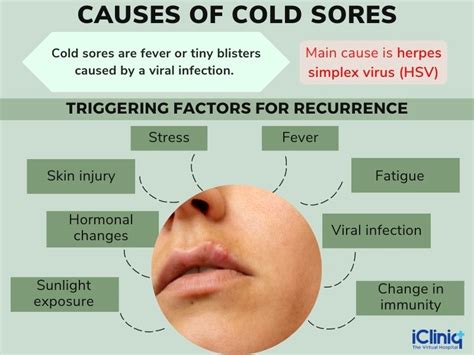
The symptoms of cold sores can vary from person to person, but they typically follow a predictable pattern. The first sign of a cold sore is often a tingling or itching sensation on the lip, which can be followed by the appearance of a small, red bump. Over time, the bump can develop into a painful blister, which can crust over and heal on its own within a few days. In some cases, cold sores can also cause scarring or discoloration, especially if they are picked or scratched.
Cold Sore Home Remedies
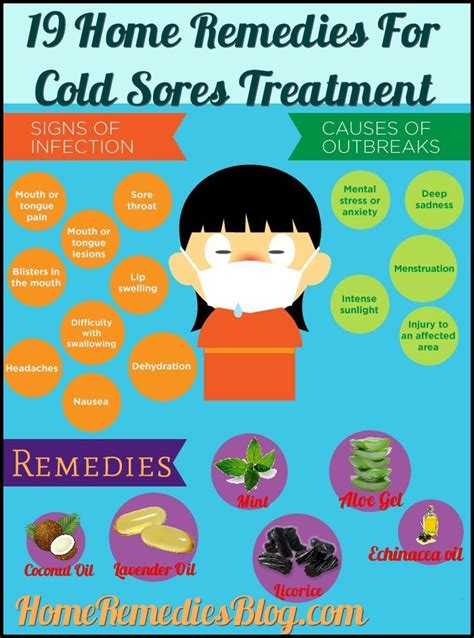
In addition to these home remedies, there are also many over-the-counter medications that can help manage cold sore symptoms. Some of the most effective over-the-counter medications for cold sores include docosanol, benzocaine, and lidocaine. These medications can help reduce pain and swelling, and can also help speed up the healing process.
Over-the-Counter Cold Sore Medications
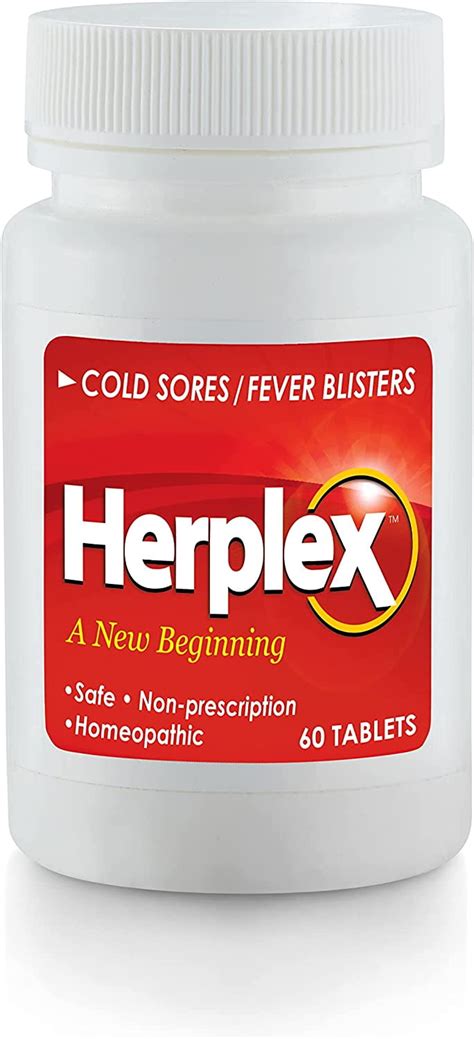
In addition to these medications, there are also many prescription treatments available for cold sores. Prescription antiviral medications, such as acyclovir or valacyclovir, can help manage symptoms and reduce the frequency of outbreaks. These medications can be especially effective for people who experience frequent or severe cold sore outbreaks.
Prescription Cold Sore Treatments
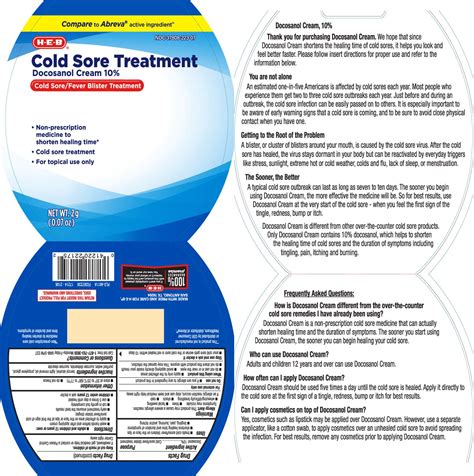
In addition to these prescription treatments, there are also many lifestyle changes that can help manage cold sore symptoms and reduce the frequency of outbreaks. Some of the most effective lifestyle changes for cold sores include:
- Getting plenty of rest and practicing good hygiene to help prevent the spread of the virus
- Avoiding triggers, such as stress, fatigue, and exposure to the sun or wind
- Eating a healthy diet and staying hydrated to help promote healing and reduce the frequency of outbreaks
- Managing stress and anxiety through techniques such as meditation or yoga
Cold Sore Prevention and Lifestyle Changes
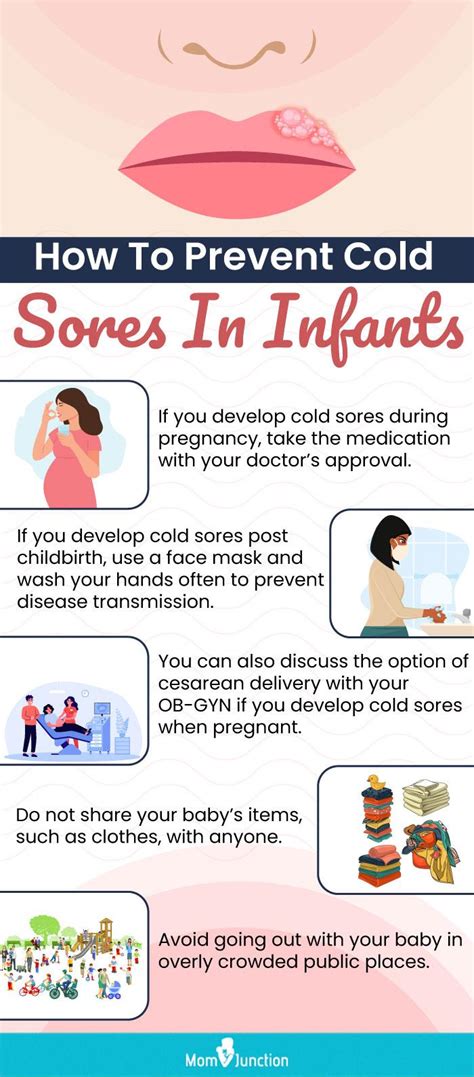
In addition to these lifestyle changes, there are also many natural remedies that can help manage cold sore symptoms and reduce the frequency of outbreaks. Some of the most effective natural remedies for cold sores include:
- Aloe vera: This natural remedy can help soothe and calm the skin, reducing pain and inflammation.
- Tea tree oil: This natural remedy can help reduce the healing time of cold sores and can also help alleviate symptoms such as pain and itching.
- Vitamin C: This natural remedy can help boost the immune system and reduce the frequency of outbreaks.
Natural Remedies for Cold Sores
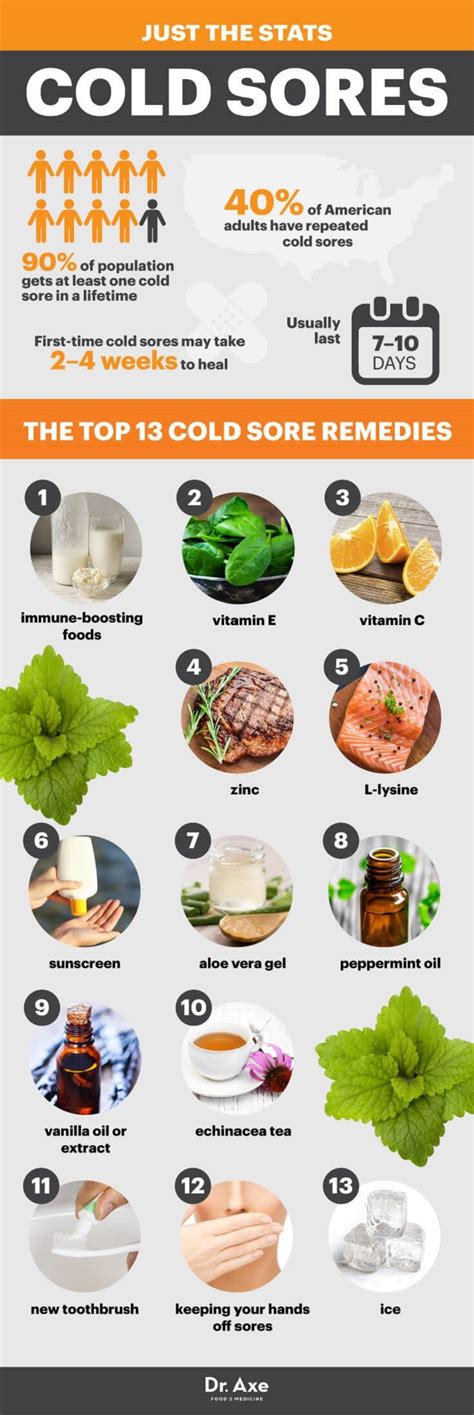
In addition to these natural remedies, there are also many other treatment options available for cold sores. Some of the most effective treatment options for cold sores include:
- Laser therapy: This treatment option can help reduce the healing time of cold sores and can also help alleviate symptoms such as pain and itching.
- Photodynamic therapy: This treatment option can help reduce the frequency of outbreaks and can also help alleviate symptoms such as pain and itching.
- Surgical removal: This treatment option can help remove the cold sore and reduce the frequency of outbreaks.
Other Treatment Options for Cold Sores
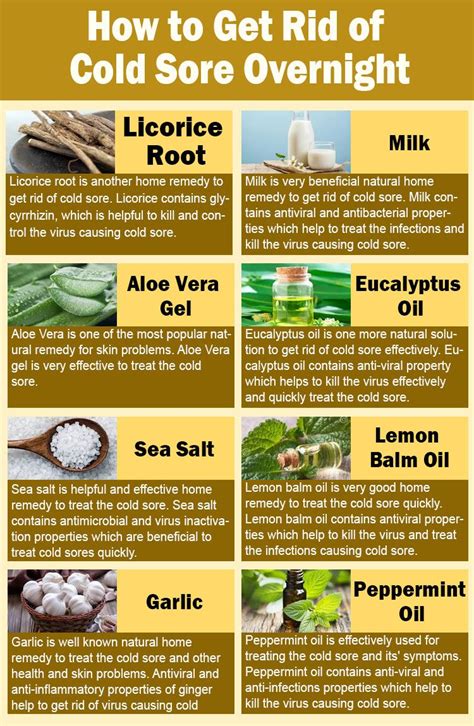
In conclusion, cold sores can be a frustrating and painful problem, but there are many treatment options available to help manage symptoms and reduce the frequency of outbreaks. From home remedies and over-the-counter medications to prescription treatments and lifestyle changes, there are many ways to treat cold sores. By understanding the causes and symptoms of cold sores, and by exploring the various treatment options available, you can take control of your cold sore symptoms and reduce the frequency of outbreaks.
If you're looking for more information on cold sore treatment options, or if you have questions about how to manage your cold sore symptoms, we encourage you to comment below or share this article with a friend. By working together, we can help raise awareness about cold sores and provide support and resources to those who need it.
What are the most effective treatment options for cold sores?
+The most effective treatment options for cold sores include home remedies, over-the-counter medications, prescription treatments, and lifestyle changes. Some of the most popular treatment options include docosanol, benzocaine, and acyclovir.
How can I prevent cold sores from occurring in the first place?
+To prevent cold sores from occurring, it's essential to practice good hygiene, avoid triggers such as stress and fatigue, and get plenty of rest. You can also try using natural remedies such as aloe vera and tea tree oil to help soothe and calm the skin.
What are the symptoms of a cold sore outbreak?
+The symptoms of a cold sore outbreak can include pain, itching, and swelling, as well as the appearance of a small, red bump or blister on the lip. In some cases, cold sores can also cause fever, headache, and swollen lymph nodes.
Can cold sores be contagious?
+Yes, cold sores can be contagious. The herpes simplex virus can be spread through skin-to-skin contact, making it essential to practice good hygiene and avoid touching the affected area.
How long do cold sores typically last?
+Cold sores can typically last anywhere from a few days to two weeks, depending on the severity of the outbreak and the effectiveness of treatment. With proper treatment and care, it's possible to reduce the healing time and alleviate symptoms.
